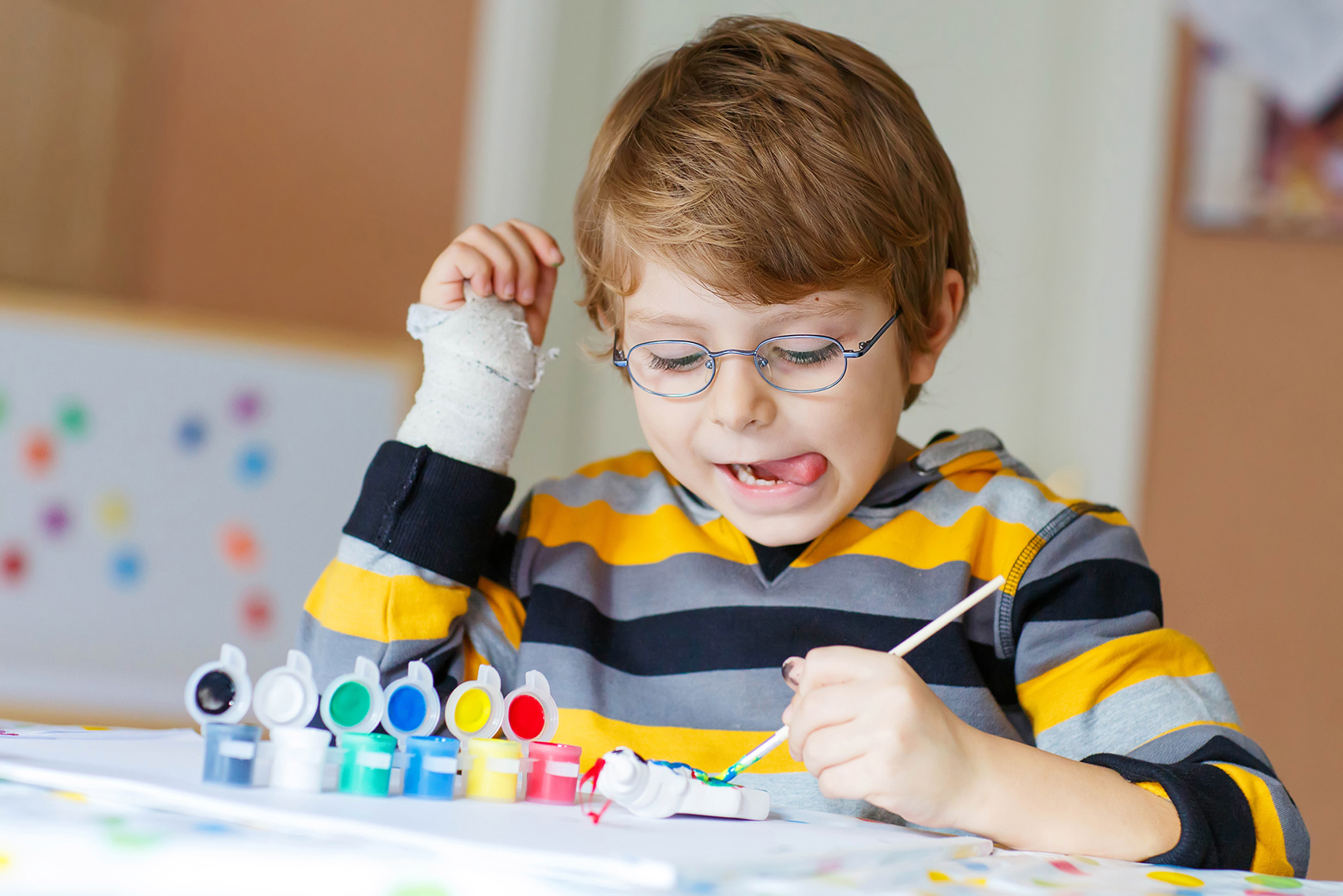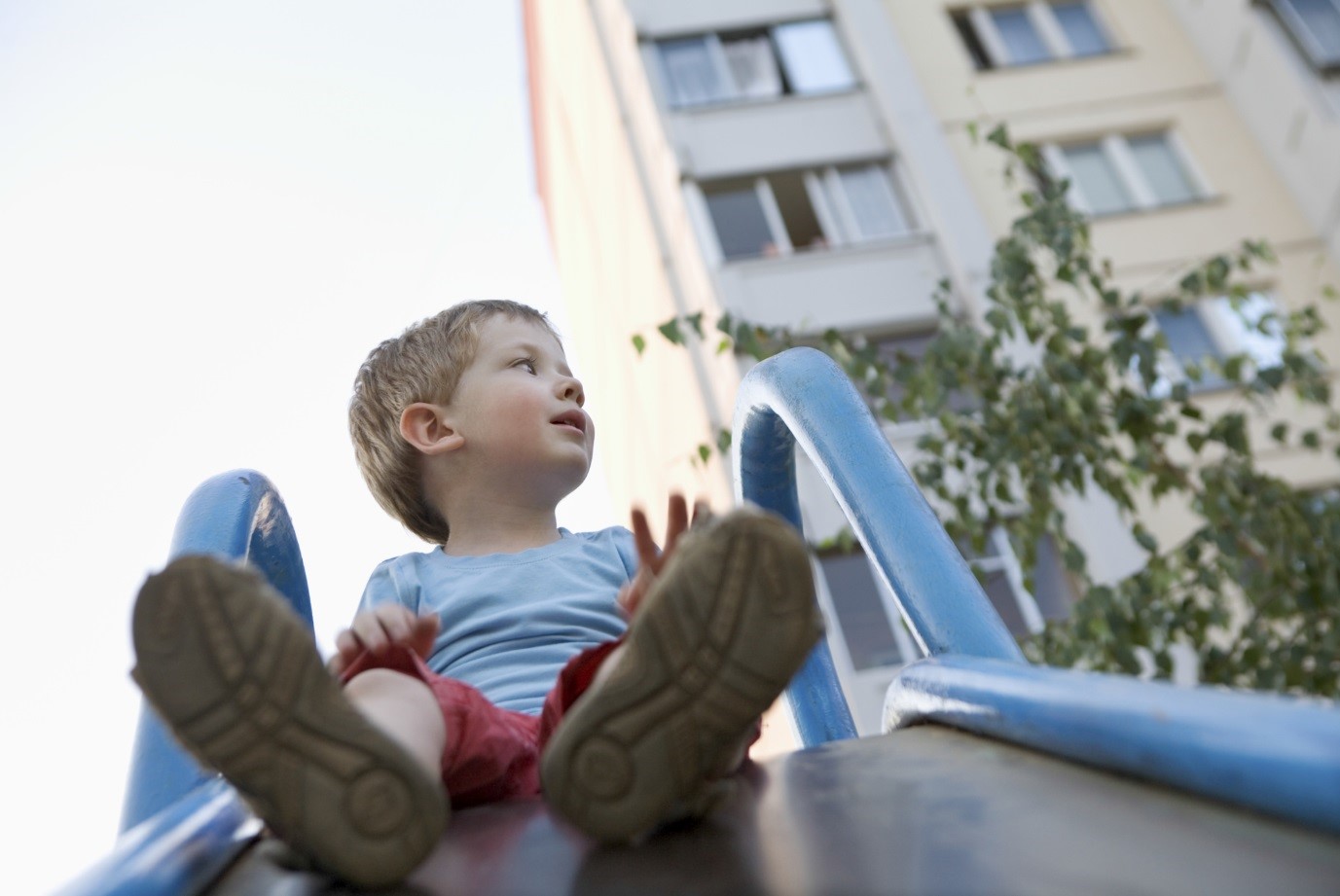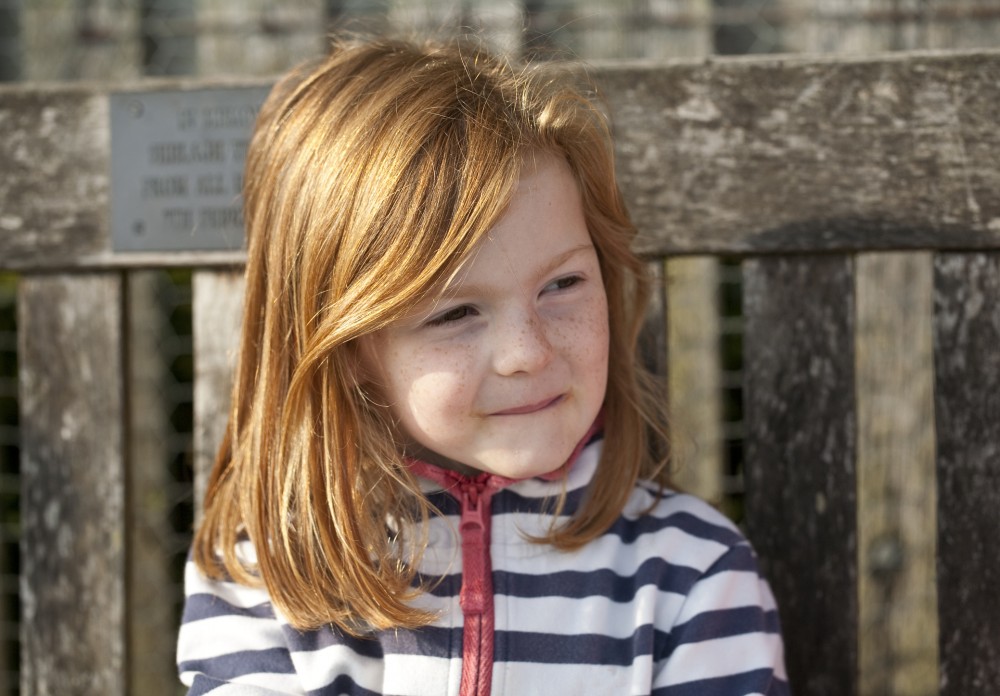parenting variables and
mental well-being is
impressive"
Since 2010, Parent Gym has been evaluated by four Universities - Canterbury Christ Church, Warwick, Hertfordshire and UEL. This research has shown that parents who take part in Parent Gym show a large and statistically significant change in self-efficacy, which research shows is a key predictor of parents’ ability to provide the warm, nurturing environment associated with positive child outcomes.
- Parent Gym Evaluation 2019Full Report Here
A 2019 report by Warwick University, published in the Journal of Children's Services, looking at the impact of Parent Gym using quantitative data
7 May 2019 - Bucking the Trend:http://dera.ioe.ac.uk/7729/1/WP31.pdf
Blanden’s report Bucking the Trend: What enables those who are disadvantaged in childhood to succeed in later life found that children from disadvantaged backgrounds, who had been read to on a daily basis at age five and whose parents had been very interested in their child’s education at age 10, were less likely to be living in poverty at age 30
23 March 2016  Primary Healthcare Research & Development Journal
Primary Healthcare Research & Development JournalA pilot study which found parents appeared to have benefited from a school based parenting programme in a number of ways. This included the support they received in their parenting role from other parents, the regaining of a sense of control in the parental role as well as the provision of new tools and an increased ability to empathize and identify with their children.
16 March 2016- Parent Gym Evaluation 2014Full Report Here
A 2014 report from the University of Warwick looking at the impact of Parent Gym using quantitative data
29 September 2014 - Parent Gym Evaluation 2014Full Report Here
A 2014 report from the University of Hertfordshire looking at the impact of Parent Gym using quantitative data
1 June 2014 - Parent Gym Evaluation 2012Full Report Here
A 2012 report from Canterbury Christ Church University which explores parents’ expectations, the related and unanticipated outcomes of Parent Gym in the short and medium term
1 May 2012  Department for Education
Department for EducationThis study looked at 278 families living in inner city areas who had children at higher risk of poor social and academic outcomes due to antisocial behaviour. The children were aged 4-7, starting out on their school careers. The study found that a negative parenting style characterised by more harsh, inconsistent discipline was clearly associated with more severe child antisocial behaviour
1 February 2012 ESRC
ESRCGood parenting skills and a supportive home learning environment are positively associated with children’s early achievements and wellbeing.
31 January 2012 British Journal of Psychiatry
British Journal of PsychiatryA good parent–child relationship can generate positive experiences within the family and provide the child with emotional security and social skills that enable them to cope with life in a resilient way
31 December 2009




